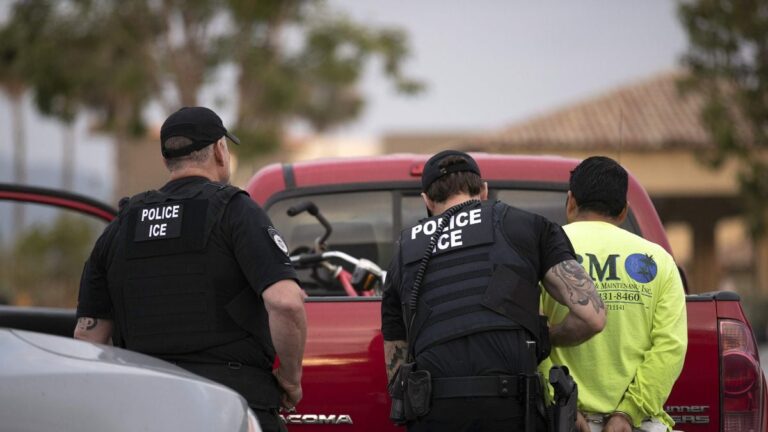Growing up as the child of Greek immigrants in Clearwater, I remember sometimes being embarrassed and feeling different from other kids. But I came to view my experiences at Greek school, my Greek dance classes, and my volunteer work in the Greek Orthodox church as things that shaped my life for the better.
Fortunately, I realized that there was no shame in being part of an immigrant community. I had a culture and an identity that also told the story of where my ancestors came from and what they experienced. Of course, everyone has this, but we can often lose sight of it as we assimilate into the dominant culture in which we live.
We need to refocus on who we are and where we come from, because that is how we can best recognize that same humanity in others.
I say all of this now because I believe Greek-Americans in Pinellas County are in a unique position. Our home community is also home to a sheriff, Bob Gualtieri, who I believe has a tough stance on undocumented immigrants. He is credited with efforts to increase collaboration between local law enforcement and ICE across the country, as the Tampa Bay Times covered previously. Although it has not happened in Pinellas, these policies encouraging ICE involvement have resulted in human rights atrocities, including for people who have not been convicted of criminal charges . Prolonged detentions and expulsions have often separated parents from their children.
This creates a climate of fear and criminalization among the hardworking people of our community. Greeks in this country should know this all too well, as we have our own history of immigrants and refugees. This is why our grandparents formed chapters of AHEPA throughout the American South.
In the 1920s, the KKK harassed and threatened Greek-Americans, whom it wrongly viewed as a threat to their jobs and culture. A generation later, many Greeks would leave their country as refugees, amid the violence of civil war and the repression of a military dictatorship.
Many undocumented immigrants in Florida today also faced similar circumstances that led to political and economic hardships that caused them to abandon the people and places they loved in search of something better . They deserve the respect and dignity that we would have wished for our parents and grandparents.
Just five years ago, Greeks on the island of Lesvos made international headlines for their humanitarian efforts to help people in neighboring countries fleeing war and despair, literally rescuing children from sinking boats .
Spend your days with Hayes
Subscribe to our free newsletter Stephinitely
Columnist Stephanie Hayes will share her thoughts, feelings and funny business with you every Monday.
You are all registered!
Want more of our free weekly newsletters in your inbox? Let’s get started.
I thought of this news recently, while looking at the painted cathedral of the recently rebuilt Holy Trinity Church and listening to a sermon on welcoming strangers. As Patriarch Bartholomew, spiritual leader of Orthodox Christians, said during his meeting with Catholic Pope Francis in 2015: “Hospitality represents a concrete example of love for our neighbor and the way all Christians should live their life. … At this historic time and given the evolving refugee crisis, those who can exert influence must act in this spirit.”
Greek-Americans who vote in Pinellas County should think about these things – honoring our cultural heritage as immigrants as well as our spiritual commitment to hospitality – when they vote.
Panagioti Tsolkas volunteers with FLIC Votes, a political advocacy effort that is a sister organization of the Florida Immigrant Coalition.


